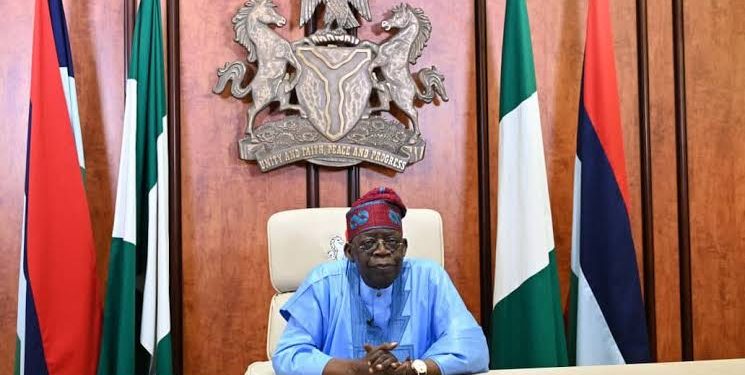Nigeria has once again proclaimed a state of emergency, this time in Rivers State. This action by President Bola Tinubu is just another example in the nation’s history of a sitting president using emergency powers to deal with a crisis.
Declarations of state of emergency have been used by Nigerian presidents in the past to address political instability and security issues. Former President Goodluck Jonathan’s declaration of a state of emergency in the northeastern states of Borno, Yobe, and Adamawa in 2013 owing to the emergence of the Boko Haram insurgency is among the most prominent examples. Security forces now have more authority to stop terrorist activity in the area thanks to the change.

Before that, in 2004, after a number of people were killed in deadly ethnic riots, President Olusegun Obasanjo proclaimed a state of emergency in Plateau State. A similar situation occurred in 2006 when political unrest led to the governor’s impeachment and the declaration of emergency rule in Ekiti State.

President Tinubu has now declared an emergency in Rivers State, citing persistent political disagreements and security risks, following their lead. In response to the declaration, Governor Siminalayi Fubara, his deputy, and state assembly members have been placed on six-month suspension. Others in Nigeria contend that the action poses a threat, while others support it.

With Nigeria’s history of emergency declarations, the big question remains: Will this action restore order in Rivers State, or will it spark more controversy? Time will tell.
























































